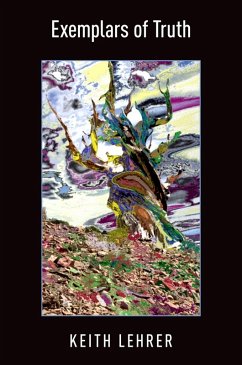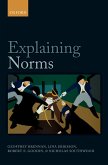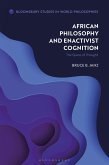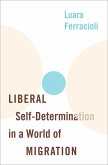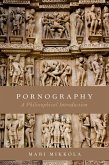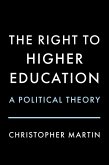This monograph is both an intellectual summation as well as a philosophical advancement of key themes of the work of Keith Lehrer on several key topics--including knowledge, self-trust, autonomy, and consciousness. He here attempts to integrate these themes and develop an intellectual system that can constructively solve philosophical problems. The system is indebted to the modern work of Sellars, Quine, and Chisholm, as well as historically to Hume and Reid. At the core of this system lies Lehrer's theory of knowledge, which he previously called a coherence theory of knowledge but now calls a defensibility theory. Lehrer argues that knowledge requires the capacity to justify or defend the target claim of knowledge in terms of a background system. Defensibility is an internal capacity supplied by that system to meet objections to the claim. This theory however leaves open the problem of "experience"--noted by other philosophers--i.e. how to explain the special role of experience in a background system even granted we are fallible in describing it. Lehrer offers a solution to the problem of experience, arguing that reflection on experience converts the experience itself into an exemplar, something like a sample that becomes a vehicle or term of representation. The exemplar represents itself and extends to represent the external world. It exhibits something about evidence and truth concerning experience that, as Wittgenstein noted, cannot be fully described but can only be shown. Exemplar representation is the missing link of a background system to truth about the world.
Dieser Download kann aus rechtlichen Gründen nur mit Rechnungsadresse in A, B, BG, CY, CZ, D, DK, EW, E, FIN, F, GR, HR, H, IRL, I, LT, L, LR, M, NL, PL, P, R, S, SLO, SK ausgeliefert werden.

